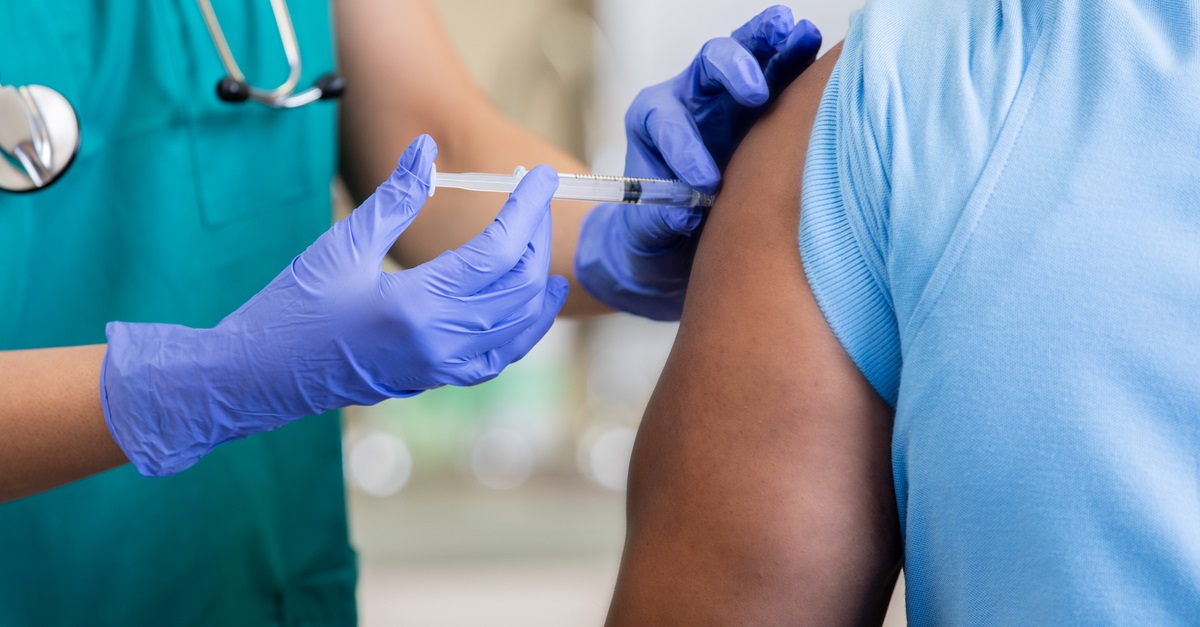
It's been a long, tough year — one that most of us will never forget. But now that there are several vaccines making the rounds, there's light at the end of the tunnel. The side effects of the COVID vaccines have varied among people, and many suggest taking a day off work the next day if possible. Is that reason to worry?
First things first — if the vaccine is offered to you, you should take it. Not only are you protecting your own health, but you're doing your part in helping the world become a safer place. The side effects of the COVID vaccine may seem alarming to some, but remember: Your mileage may vary.
The side effects of the COVID vaccine are nowhere near as terrifying as COVID itself. Many people who've been diagnosed with COVID are still feeling its respiratory effects. Some people have had trouble smelling or tasting foods since finding out they're positive. In comparison, one day of feeling slightly run down is worth it. But here are some of the side effects of the COVID vaccine to be on the lookout for. Just remember, they're all normal.
Why are vaccines important?
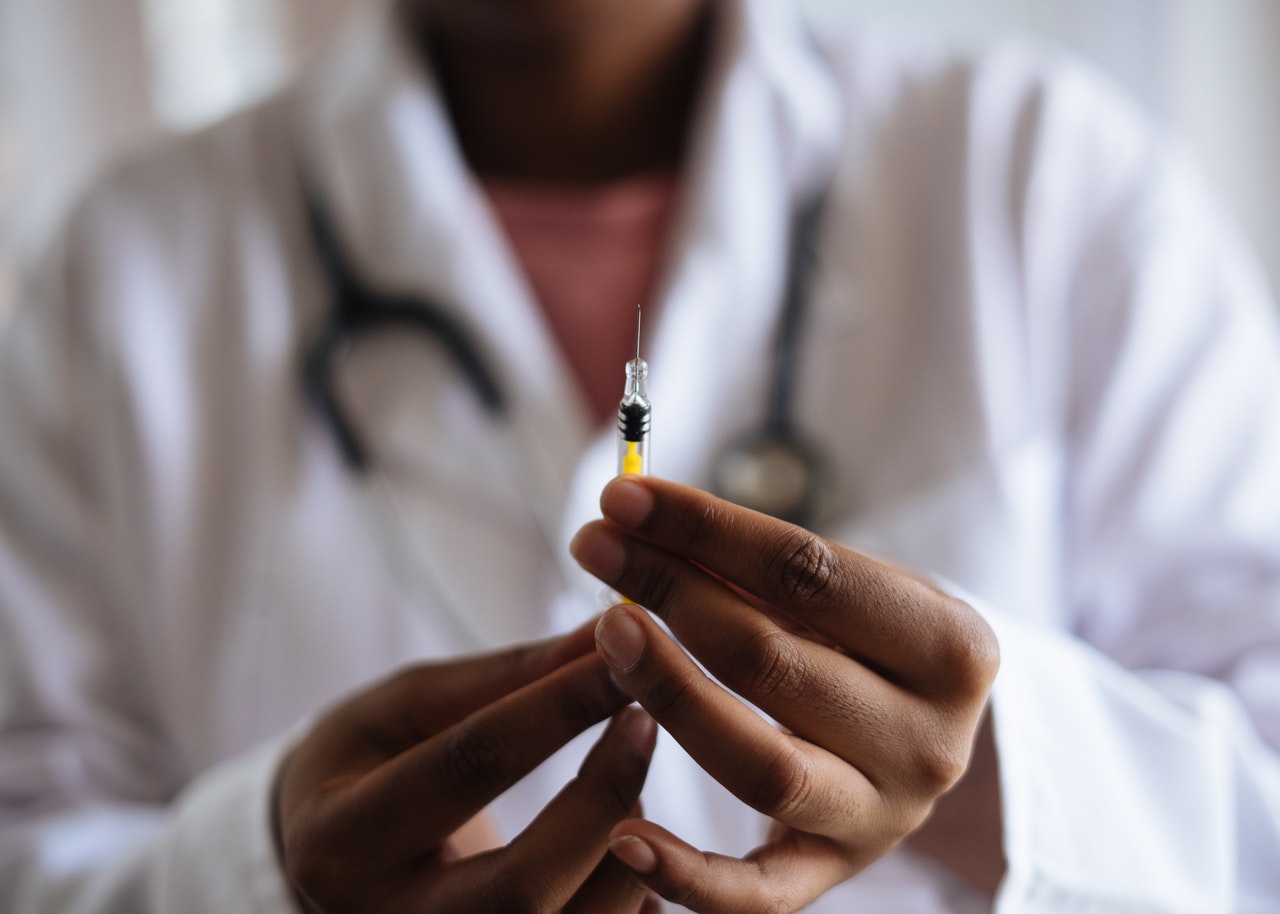
Before diving into COVID vaccine side effects, it's important to know more about vaccines in general, as there's a lot of misinformation out there. Vaccines help your body fight the good fight. After getting vaccinated, your body builds immunity by activating T and B lymphocytes. These lymphocytes work to identify the threat of a virus and work hard to build up the antibodies to fight it so that it's no longer a concern. Thanks to vaccines, many once-deadly viruses have nearly been eradicated in the United States. We owe a lot to vaccines.
How many COVID vaccines are there?
As the threat of the pandemic grew, the world's best scientists were put to the task of finding a vaccine that would fight COVID-19. There are four main types of vaccines that have been developed. They work slightly differently to achieve a similar goal. These vaccines are defined as whole virus, viral vector, protein subunit, and nucleic acid. At the time of writing, in the United States three different vaccines have been approved. Pfizer, Moderna, and Johnson & Johnson are the three that are currently being offered.
Do these COVID vaccines share the same side effects?
Many side effects are the same regardless of the COVID vaccination you are being offered. According to the Centers for Disease Control and Prevention, some of the side effects of the COVID vaccine include pain, redness, and swelling at the injection site. This is a common side effect for many vaccinations already, and usually the uncomfortable feeling is just temporary. It's also common to feel fatigue.
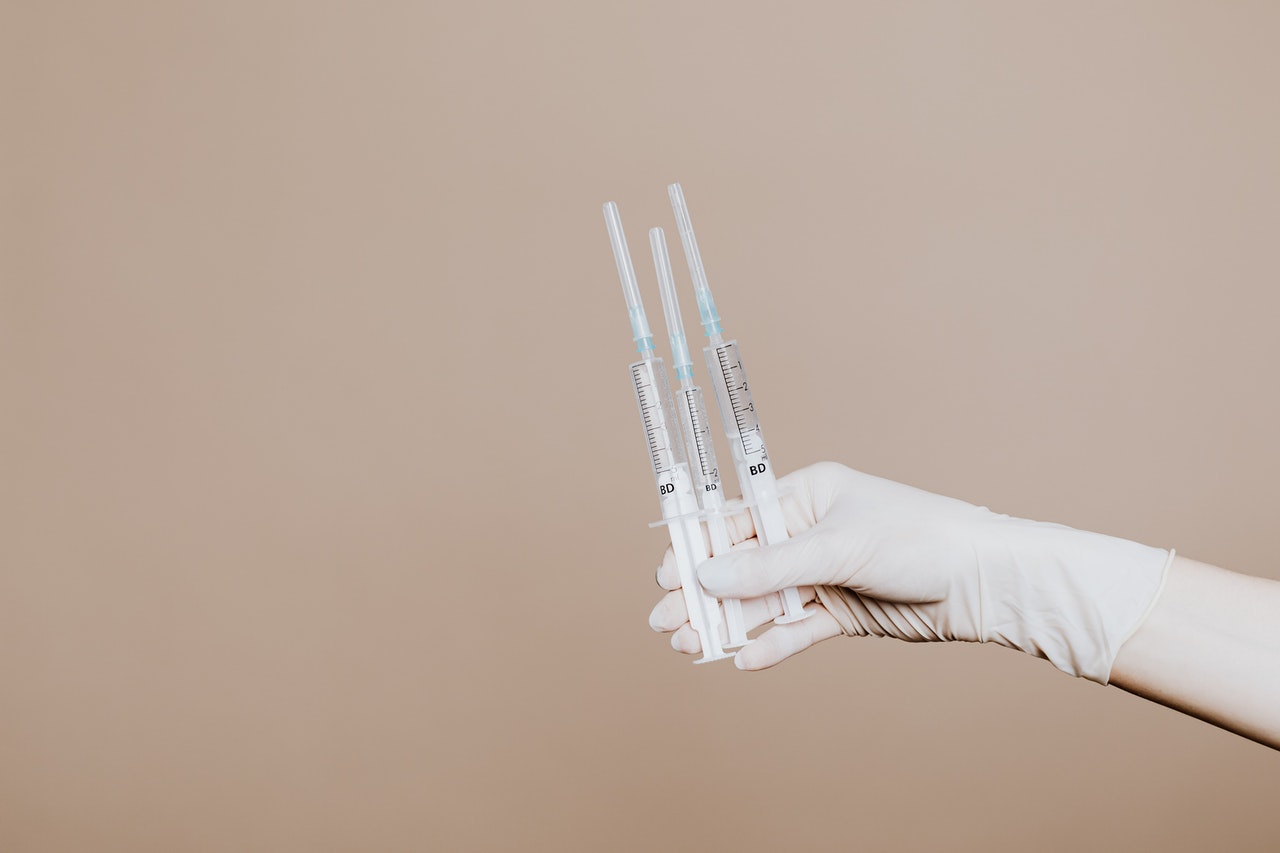
Headaches, muscle pain, and fever are also common side effects of the COVID-19 vaccine. While the Johnson & Johnson vaccine is only one shot, Moderna and Pfizer's vaccinations come in two doses. For those who have received one of the two-dose vaccinations, many report some side effects happening after the second dose.
It's important to remember that some side effects show that the vaccine is working to help build your immune system. That said, many people didn't experience any side effects of the COVID vaccine. This, too, is normal.
"A little over 50% didn’t experience any side effects at all and remember, they were still 94% protected after receiving the vaccine," writes the Cleveland Clinic, adding, "Vaccines are so valuable because they help correct that imbalance during an actual infection. So people who have trouble making antibodies quickly enough can make them more effectively after getting the vaccine."
Curious about whether or not the COVID vaccine has side effects in children? We asked Dr. Christina Johns, a pediatrician, who says that it's very similar. "We know that the side effects of getting the vaccine are very similar to what we have seen with adults," she explains. "Symptoms are very mild and similar to what one might expect from the flu vaccine. There may be some soreness at the site of injection. Side effects can also include fatigue, fever, and chills, and a general feeling of 'wiped out' that tends to be very short-lived. It’s very transient — typically on the order of about a day, perhaps a little bit more. Overall, side effects are fairly mild in kids, and children in the trials have tolerated the vaccine very well so far."
Why do people seem more concerned about the second dose of the vaccine?
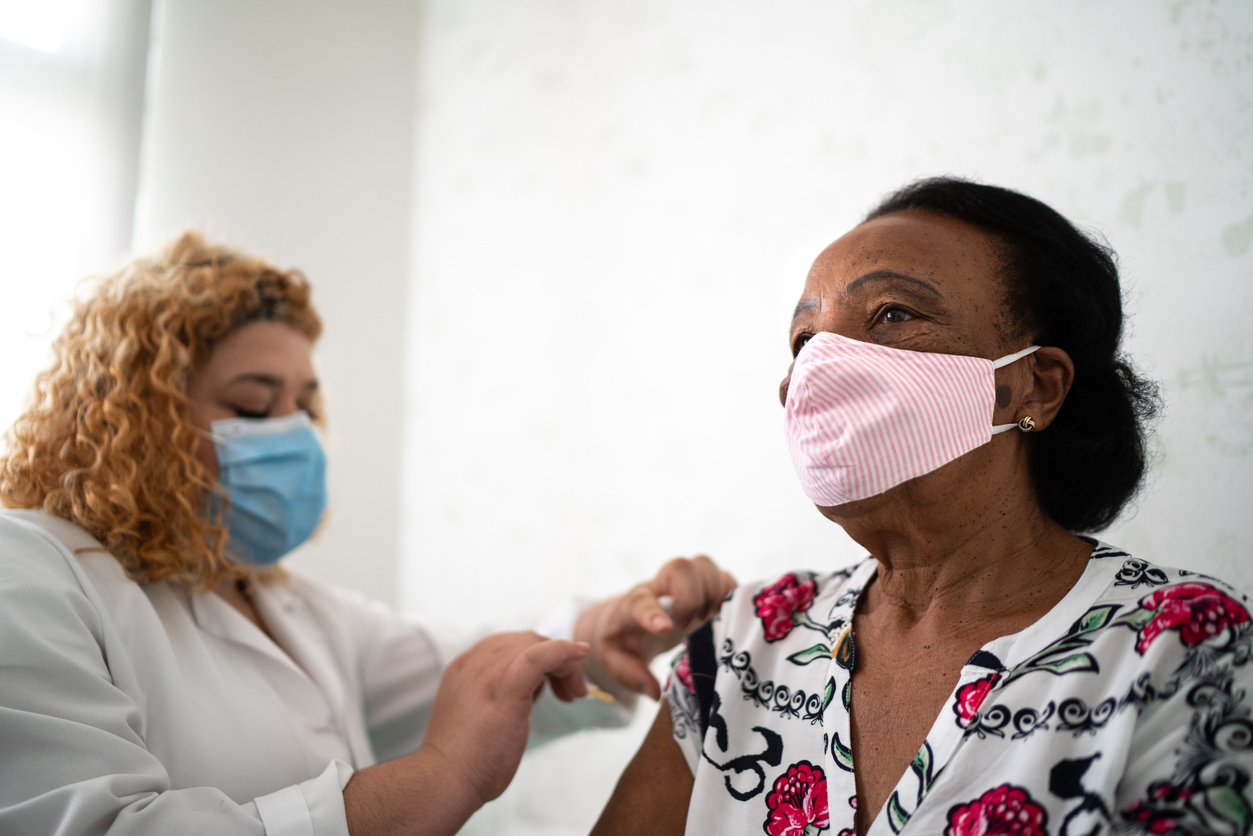
The CDC explains that after the second dose of the COVID vaccine, side effects may be a bit stronger. They are expected to last only a few days. However, there are some side effects that may be so strong that they require a doctor's care. If redness around the injection site gets worse within 24 hours, that's one sign that you may be having an adverse reaction to the vaccine. But these situations are rare.
If you had a reaction based on the first shot, it's still very important to get the second dose to offer the highest level of protection against COVID-19. If side effects were debilitating after the first shot, it's important to talk to your doctor about your options. Any health concern you have about the vaccine should be discussed with a physician of your choosing. Since everyone has unique situations regarding their health, your doctor will make the best call.

The side effects of the vaccine are nothing in comparison to the long-lasting side effects of COVID. The CDC reports that the coronavirus affects more than just a person's lungs, although respiratory concerns are very common. Cough, joint pain, and chest pain can last even well after someone tests positive. Brain fog, depression, and heart palpitations were also listed as potential long-term effects from contracting COVID-19.
Curious about whether or not to vaccinate your child? Dr. Johns has some suggestions on that, as well. "I really encourage you to partner with the health care professional or pediatrician who knows your child best," she suggests. "This ensures a very individualized and personal clinical conversation about what may be best for your child. This is the person who you can depend on to provide you with the most accurate, up-to-date, and evidence-based information so that you don't have to spend all your time weeding through the sea of information, misinformation, and disinformation that is currently circulating online. A personal and science-based conversation with your child's health care professional should lead you in the right direction." While side effects may be scary, COVID-19 lasts much longer.
How long after the vaccine is it safe to resume normal life?
It's going to take a long time for things to officially get back to "normal." And in some cases, "normal" may have a completely different meaning. The coronavirus has forced so many of us to stay home. Many parents have gotten to spend more time with their kids and cut out a commute.
That said, those who are vaccinated should wait two weeks to ensure that the vaccine has taken effect. After that, those who are vaccinated should still do their best to practice safety protocols.
It may seem a bit strange to still be so guarded after getting the vaccine, but the CDC states that it's the best way to avoid any possible outcomes the authorities may be unaware of. This is still fairly new, and a lot of people are puzzled at the way COVID-19 affects people differently.
However, the CDC did make it clear that fully vaccinated people who have waited their two weeks post-vaccine can meet with other fully vaccinated people indoors. The risk is extremely low in this case.
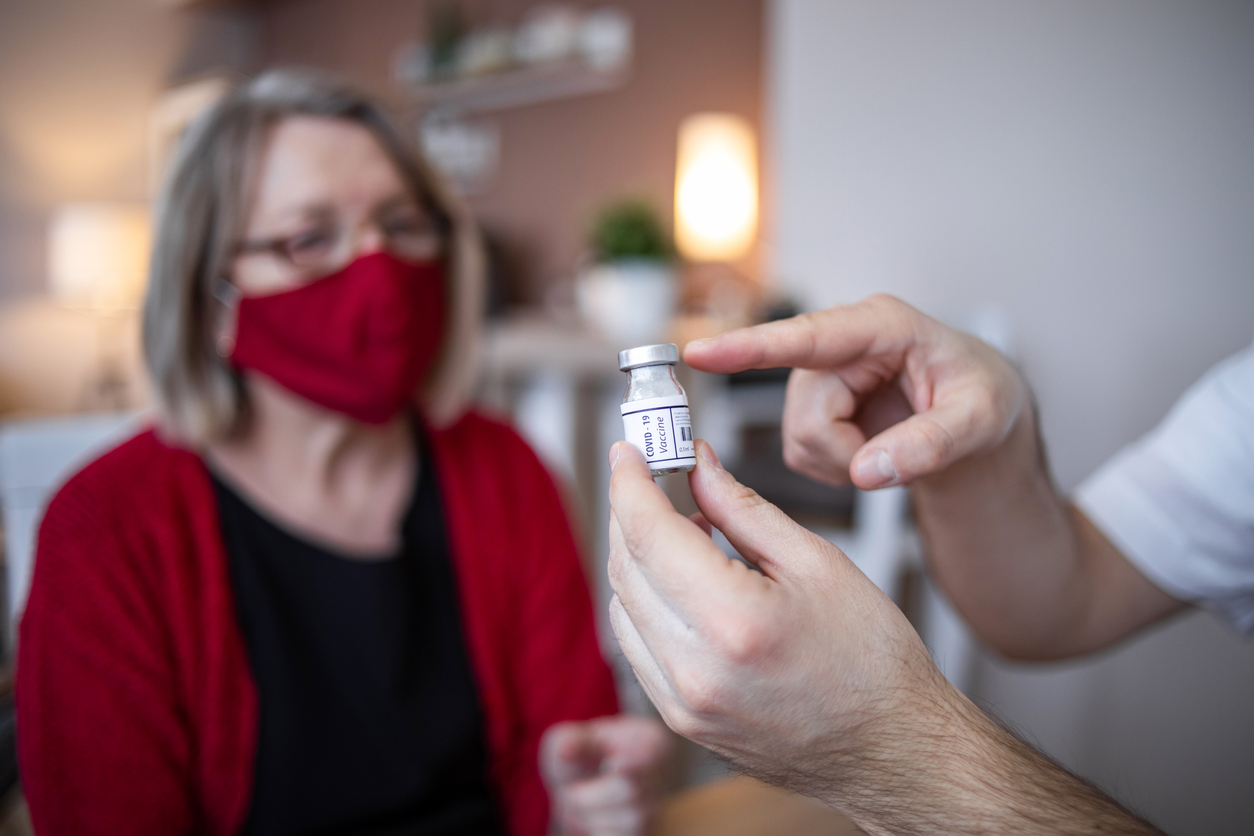
The CDC still wants people to avoid medium to large gatherings after vaccination. "We're still learning how effective the vaccines are against variants of the virus that causes COVID-19. Early data show the vaccines may work against some variants but could be less effective against others," the agency writes. All in all, it's still a huge improvement over last year. Thanks to the vaccine and the way the coronavirus is currently being handled, we no longer have to live in fear.
Can the vaccine cause an allergic reaction?
It can, but it's extremely rare. So rare that the CDC estimates this reaction happening to 2 to 5 people per million. Oftentimes, the reaction happens just a half hour after being dosed, so if you feel like you may be at risk, you can make sure that you stay in a safe place until that time period is over. Vaccination providers have everything necessary to take care of an allergic reaction if it does happen.
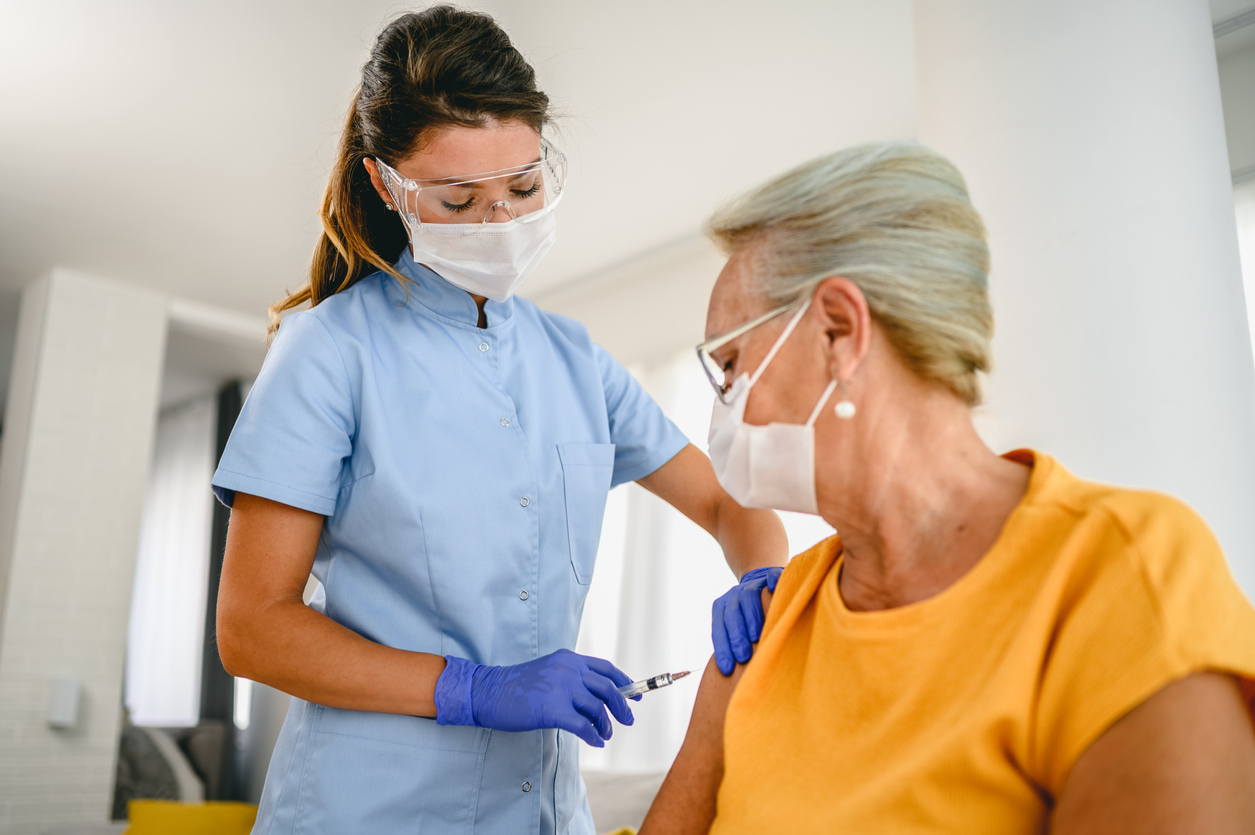
Death is also not a common side effect of the COVID-19 vaccination or something you should be worried about. All fatalities need to be reported, and supposedly, there were 2,509 reports of death. That may seem like a lot, but that number was out of 145 million. There's also no real scientific correlation that the vaccine caused the deaths — and likely, they were due to natural causes.
"A review of available clinical information including death certificates, autopsy, and medical records revealed no evidence that vaccination contributed to patient deaths," writes the CDC. "CDC and FDA will continue to investigate reports of adverse events, including deaths."
If those numbers seem a little scary, here's something even worse — 550,000 Americans have died of COVID-19. With the proper protocols, many of these deaths would have been preventable. However, since a lot of people figured it wouldn't affect them and didn't follow safety guidelines, lives were lost.
This vaccine is the best way to fight against it. A sore arm or slight fever for a day isn't as bad as permanently losing a loved one or facing breathing issues for months on end. Both the CDC and other health care professionals suggest getting a COVID-19 vaccine as soon as you're eligible.
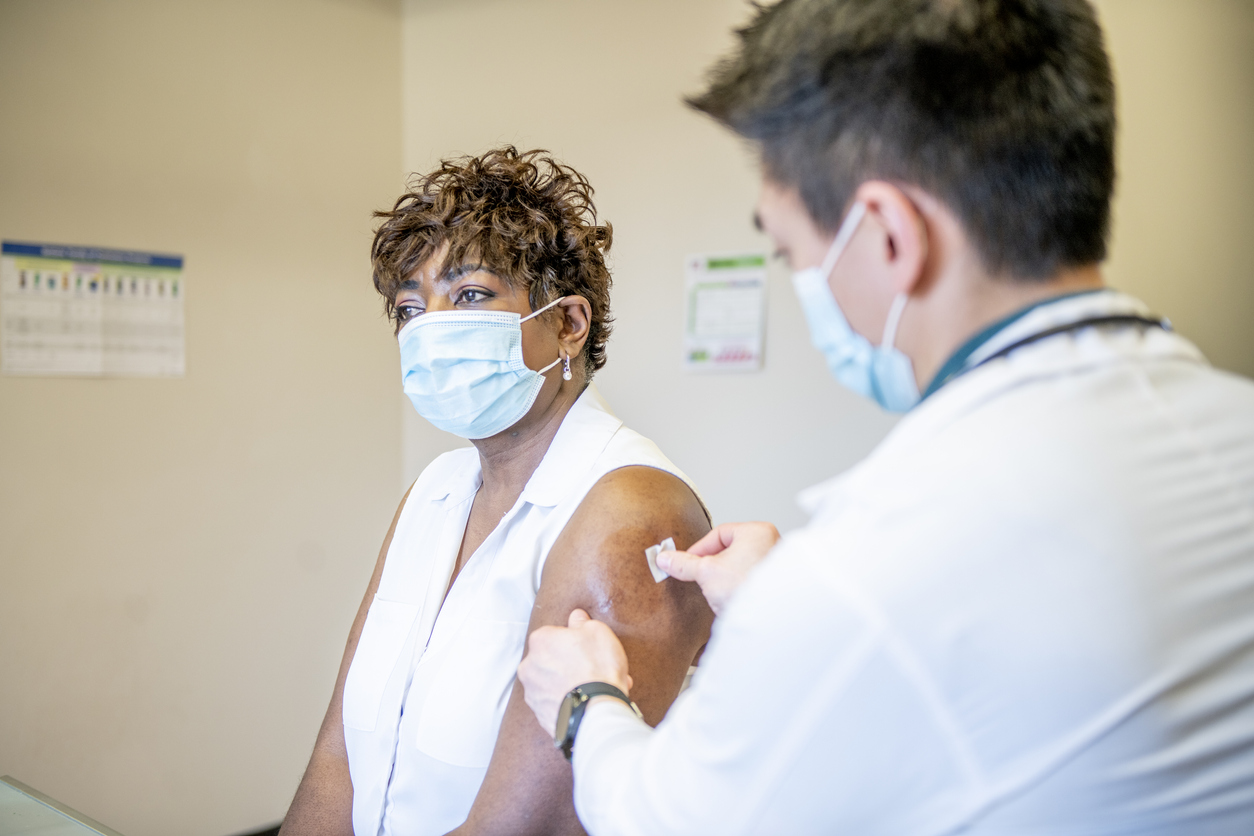
The vaccines have been proven to be safe. That said, it's always important to stay up to date with the CDC for any new information on these vaccines. If you experience a vaccine side effect that seems uncommon, the CDC asks for you to report it to VAERS (Vaccine Adverse Event Reporting System) online.







